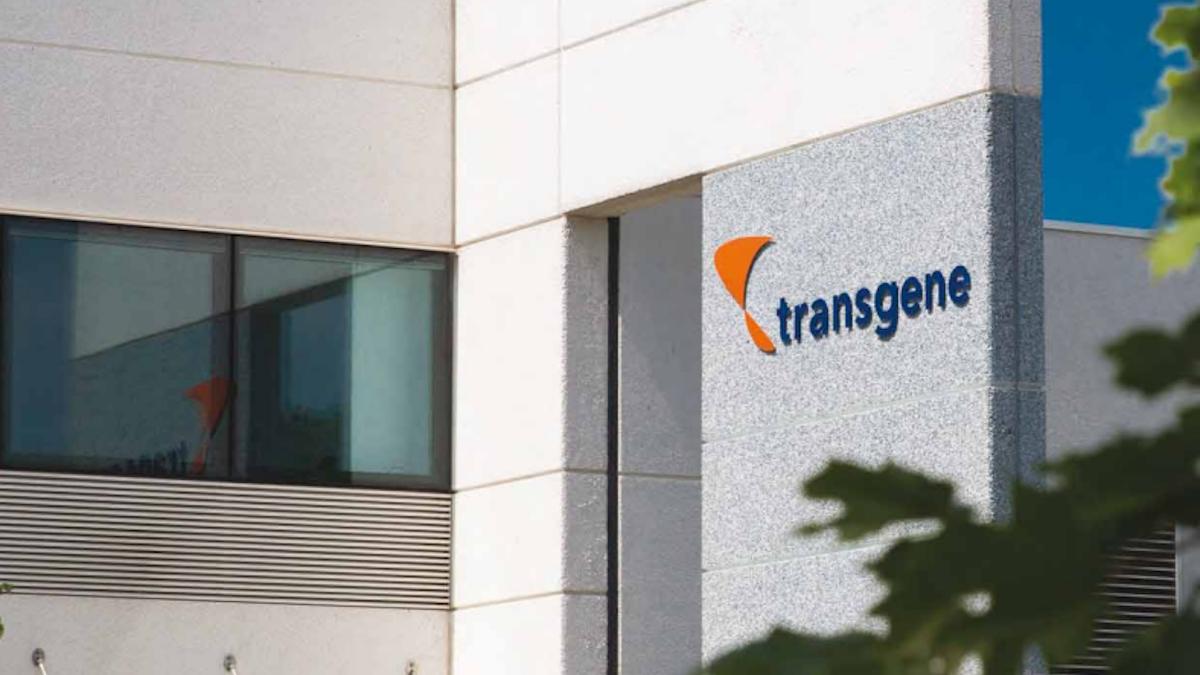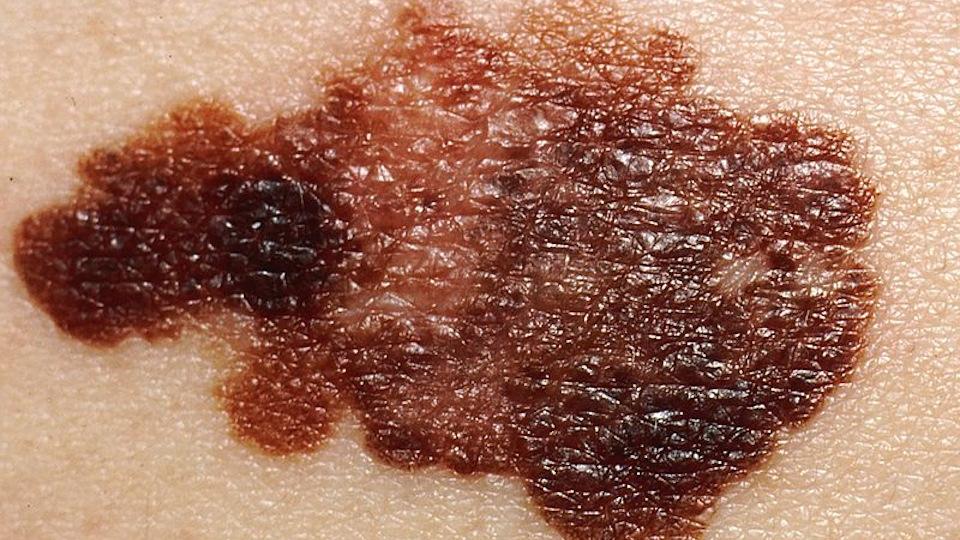Transgene cervical cancer shot misses the mark in phase 2

Transgene's therapeutic vaccine for cervical and anogenital cancers has failed a phase 2 trial, but an efficacy signal warrants further study, says the company.
The French biotech's study of TG4001 (tipapkinogen sovacivec) involved patients with recurrent or metastatic HPV16-positive cervical and anogenital tumours who were either treatment-naïve or had one prior systemic chemotherapy, but no earlier immunotherapy. It compared the vaccine in combination with Merck KGaA's PD-L1 inhibitor Bavencio (avelumab) to Bavencio alone.
TG4001 did not meet the primary objective of improvement in progression-free survival (PFS) in the overall population, but Transgene has highlighted a trend towards an improvement on this measure in a subgroup of patients with cervical cancer, which accounted for around 54% of the subjects.
That will, however, "require further confirmation through additional analyses, including by PD-L1 status," said the company in a statement.
TG4001 is a recombinant vaccine highly attenuated Modified Vaccinia virus Ankara (MVA) vector whose genome has been modified with the insertion of transgenes coding for three proteins, the HPV E6 and E7 antigens and human IL-2 as an adjuvant to boost the immune response.
Shares in Transgene fell around 18% after the study's result was announced as investors tried to gauge the implications of the result and if there is any read-through to the company's other vaccine programmes.
It is Transgene's second most advanced neoantigen immunotherapy programme after TG4050 for head and neck cancer, which is in a phase 2 study due to complete enrolment next year, but is an off-the-shelf shot while TG4050 and Transgene's other cancer vaccine candidates are individualised to patients.
TG4050 is based on Transgene's myvac platform, which generates personalised therapies based on patient-specific mutations (neoantigens) that are designed to induce a T-cell response to tumour cells.
"Failure to meet the primary objective in our Phase II study with TG4001 is disappointing," commented Dr Alessandro Riva, chairman and chief executive of Transgene. "We plan to complete a full and rigorous analysis of the data before deciding on any path forward for this asset, in particular in cervical cancer, in the context of the evolving treatment landscape."
The results of the TG4001 study will be revealed at a future medical conference, and now attention will turn to the scheduled presentation of additional data on TG4050 from the 24-month median follow-up of patients in Transgene's phase I head and neck cancer trial at the SITC conference in November.
The disappointing result with TG4001 follows another setback for Transgene on the R&D front, the loss last year of AstraZeneca as a partner for its oncolytic virus programme in an alliance that dated back to 2018 and had provided around €18 million ($20 million) in funding. In May, The biotech said that it had cash reserves of €13,7 million, indicating that these should fund operations through the end of next year.












